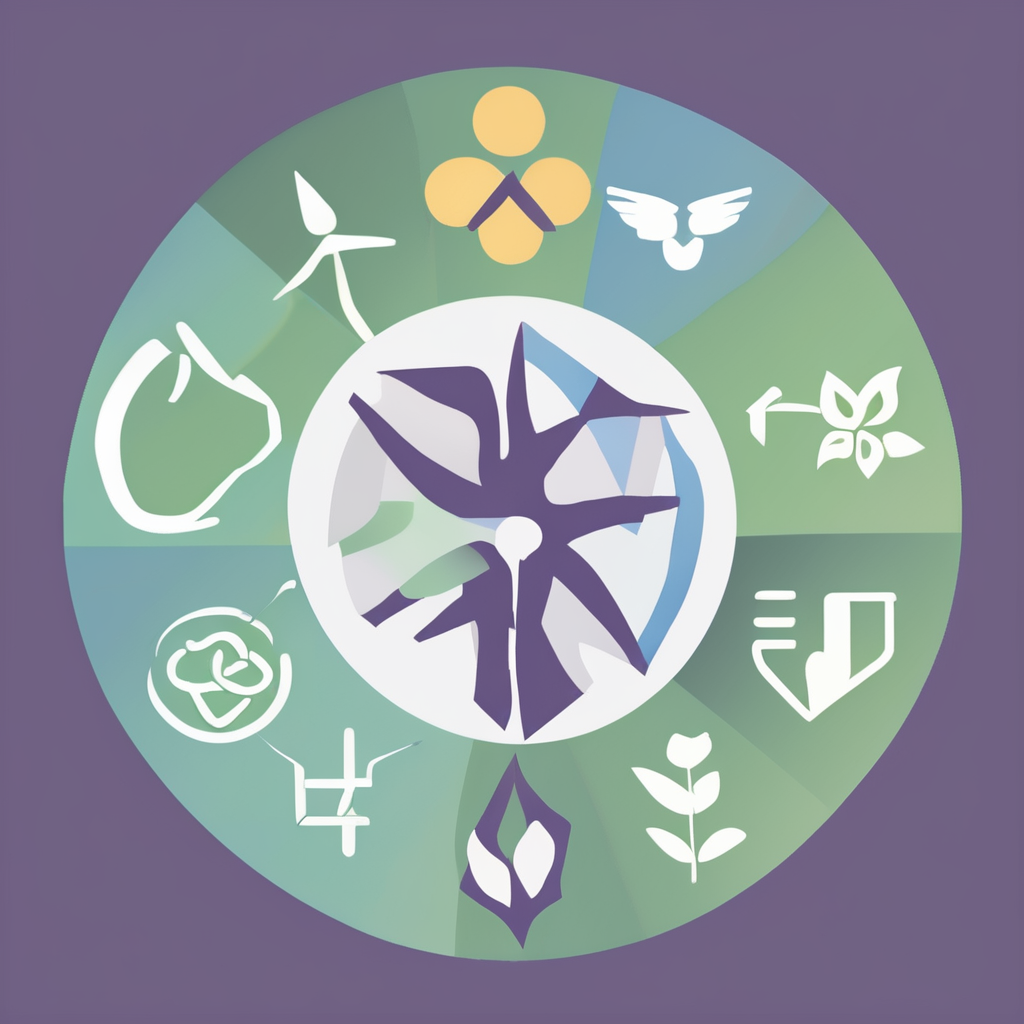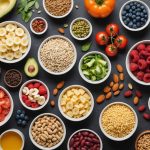Pregnancy is a beautiful journey, filled with anticipation and excitement for the arrival of a new life. However, it often comes with its own set of challenges, one of the most common being food cravings and aversions. Many pregnant women experience intense desires for certain foods, while simultaneously developing strong aversions to others. Understanding why these cravings and aversions occur is essential for expectant mothers aiming to maintain a healthy pregnancy. This article will explore the causes, implications, and strategies to manage food cravings and aversions during pregnancy. We will delve into the nutritional needs of pregnant women and how to ensure that both mother and baby receive the necessary nutrients.
Understanding Food Cravings and Aversions in Pregnancy
Food cravings and aversions often start in the first trimester and can persist throughout the pregnancy. It can be bewildering for expectant mothers to experience sudden urges for specific foods while simultaneously feeling repulsed by others they previously enjoyed. Research indicates that hormonal changes, particularly increases in estrogen and progesterone, play a significant role in altering taste preferences and appetite. A study published in nutritional journals highlights that these hormonal fluctuations can intensify sensory perceptions, making some foods smell and taste more potent than before.
Also read : What are the signs of preterm labor, and how should they be addressed?
Cravings can be driven by various factors, including the body’s nutritional needs and psychological aspects. For instance, some women may crave foods rich in certain vitamins and minerals that are crucial for fetal development. On the other hand, aversions may develop as a protective mechanism, perhaps to avoid foods that could induce nausea or are associated with potential harm to the developing baby.
As many as 50% to 90% of pregnant women report experiencing cravings, with sweet foods often topping the list, followed by salty snacks and sour items. Conversely, aversions frequently target strong flavors, such as coffee or spicy dishes. It’s crucial for expectant mothers to recognize that these cravings and aversions are common and can vary significantly from one individual to another. By understanding these phenomena, women can better navigate their dietary choices and foster a healthier relationship with food during pregnancy.
Have you seen this : What strategies can help pregnant women cope with anxiety related to labor and delivery?
Nutritional Considerations for Pregnant Women
Expectant mothers must prioritize nutrition to support both their health and the baby’s development. Nutrition plays a pivotal role during pregnancy, as the body undergoes numerous changes to accommodate the growing fetus. Key nutrients include protein, folate, iron, calcium, and DHA, among others. Protein is vital for cell growth and repair, while folate helps in the formation of the neural tube, essential for brain development. Iron supports increased blood volume, and calcium is crucial for building the baby’s bones and teeth.
Navigating food cravings can sometimes lead women to indulge in less nutritious options, which can pose a risk to maternal and fetal health. Therefore, it’s vital to strike a balance between satisfying cravings and ensuring nutritional needs are met. For example, if a woman craves sweets, she might consider healthier alternatives like fruit or yogurt instead of sugary desserts. Incorporating a variety of healthy foods can help mitigate cravings while boosting essential nutrient intake.
Additionally, hydration plays a critical role in nutritional health during pregnancy. Many women experience increased thirst, which can sometimes be mistaken for hunger. Drinking plenty of water can help manage cravings and support overall well-being. Furthermore, regular meals and snacks, including a combination of protein, healthy fats, and carbohydrates, can stabilize blood sugar levels and reduce the likelihood of intense cravings.
Understanding the nutritional requirements during each trimester can help expectant mothers make informed food choices. The first trimester focuses on establishing a solid nutritional foundation, while the second and third trimesters emphasize increasing caloric intake to support the growing baby. Being mindful of these changes can aid expectant mothers in navigating their dietary needs.
Managing Common Cravings and Aversions
Managing cravings and aversions during pregnancy requires a multifaceted approach. First and foremost, listening to your body is crucial. If you find yourself craving a specific food, consider the possibility that your body may be signaling a nutritional need. For instance, a craving for dairy could indicate a need for calcium, while a desire for red meat might suggest a need for iron. By becoming attuned to these signals, you can make healthier food choices that satisfy cravings while meeting your nutritional requirements.
Another strategy involves meal planning and preparation. By preparing meals ahead of time, you can ensure easy access to nutritious options when cravings strike. Stocking your pantry and refrigerator with healthy snacks, such as nuts, fruits, and whole grains, can help you resist the temptation of less nutritious cravings. On the other hand, if you encounter an aversion to certain foods, it’s best to avoid them completely rather than forcing them into your diet. Forcing aversions can lead to nausea and make meal times unpleasant. Instead, focus on discovering new foods that you enjoy and can incorporate into your meals.
It’s also beneficial to experiment with flavors and textures. Sometimes, changing the way a food is prepared can make it more appealing. For example, if you find that you cannot stomach cooked vegetables, try them raw or blend them into a smoothie. The goal is to find ways to enjoy a variety of foods without succumbing to the aversions that pregnancy may bring. If cravings or aversions are causing significant distress or impacting your ability to eat healthily, consider consulting a healthcare provider or nutritionist. They can provide personalized guidance and support tailored to your individual needs.
Emotional and Psychological Aspects of Cravings
Food cravings and aversions during pregnancy can also encompass emotional and psychological dimensions. Pregnancy is a time of significant hormonal fluctuation, which can lead to mood swings and heightened emotional responses. This emotional aspect may contribute to the intensity of cravings, as certain foods may serve as comfort during this transformative period. For many, indulging in a favorite treat can evoke feelings of nostalgia and comfort, making it a sought-after escape amidst the challenges of pregnancy.
However, it’s essential to strike a balance between emotional eating and maintaining a healthy diet. While it’s normal to crave comfort foods, overindulging can have repercussions. Women may find themselves caught in a cycle of guilt after consuming unhealthy snacks, which can lead to stress and anxiety. Mindful eating practices can counteract this cycle. By paying attention to the eating experience, savoring flavors, and recognizing emotional triggers, expectant mothers can cultivate a healthier relationship with food.
Moreover, engaging in stress-reduction techniques can alleviate some emotional challenges associated with cravings. Regular physical activity, prenatal yoga, and deep-breathing exercises can help manage stress and promote overall well-being. Additionally, discussing cravings and aversions with supportive partners or friends can foster a sense of community and understanding, alleviating feelings of isolation.
Lastly, it’s important to remember that cravings and aversions are temporary. As pregnancy progresses, these feelings may change or diminish. Keeping a food diary can be beneficial, as it allows expectant mothers to track patterns in cravings and aversions, aiding in the understanding of how their bodies respond to different foods. This awareness can empower women to make choices that align with their health goals while enjoying their pregnancy journey.
Navigating the challenges of food cravings and aversions during pregnancy is a common experience for many women. By understanding the underlying causes and implications of these cravings, expectant mothers can take proactive steps to ensure their nutritional needs are met while also satisfying their appetite. Prioritizing healthy eating, remaining attuned to one’s body, and employing mindful eating practices can foster a positive relationship with food throughout this transformative period. Remember, pregnancy is not just about nourishing the body but also nurturing the mind and spirit. Embrace the journey, listen to your body, and know that you are not alone in this experience.











